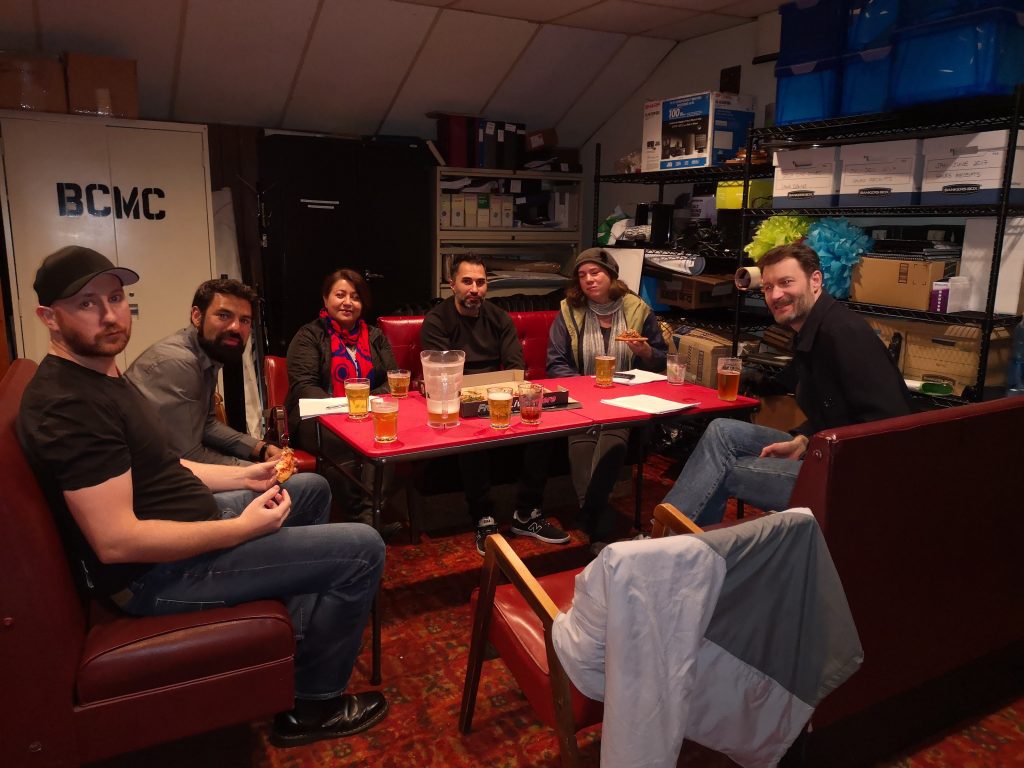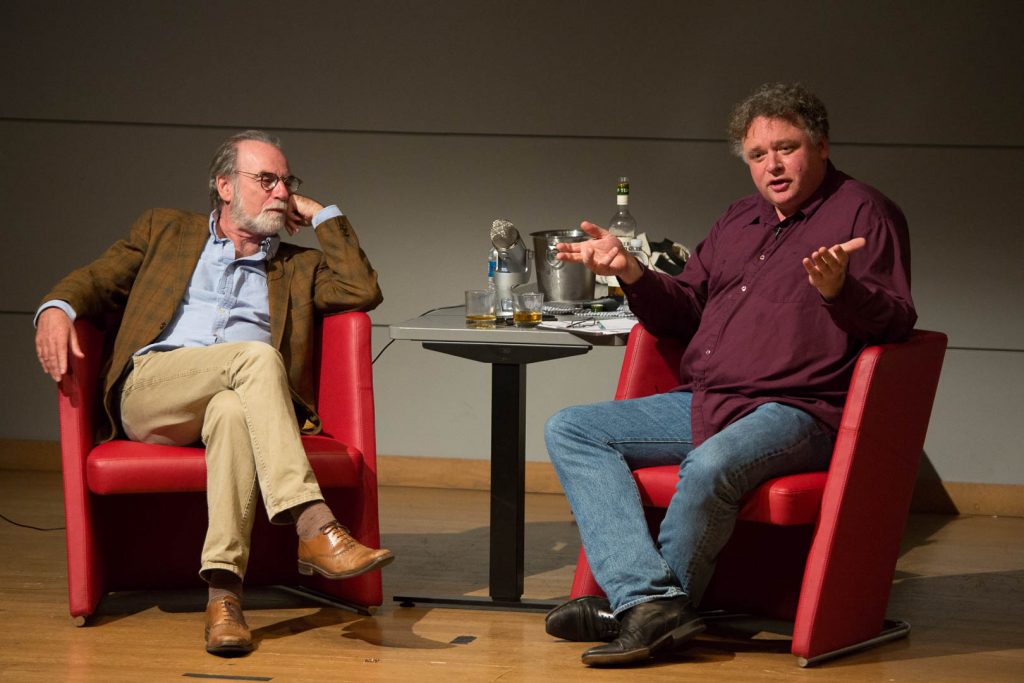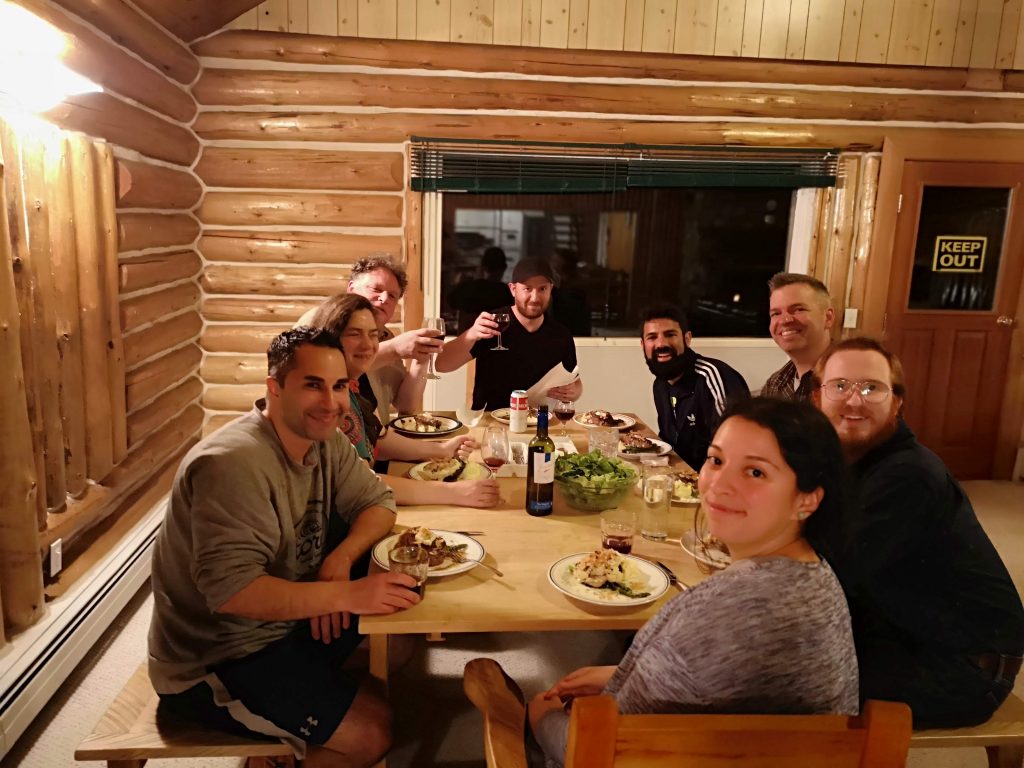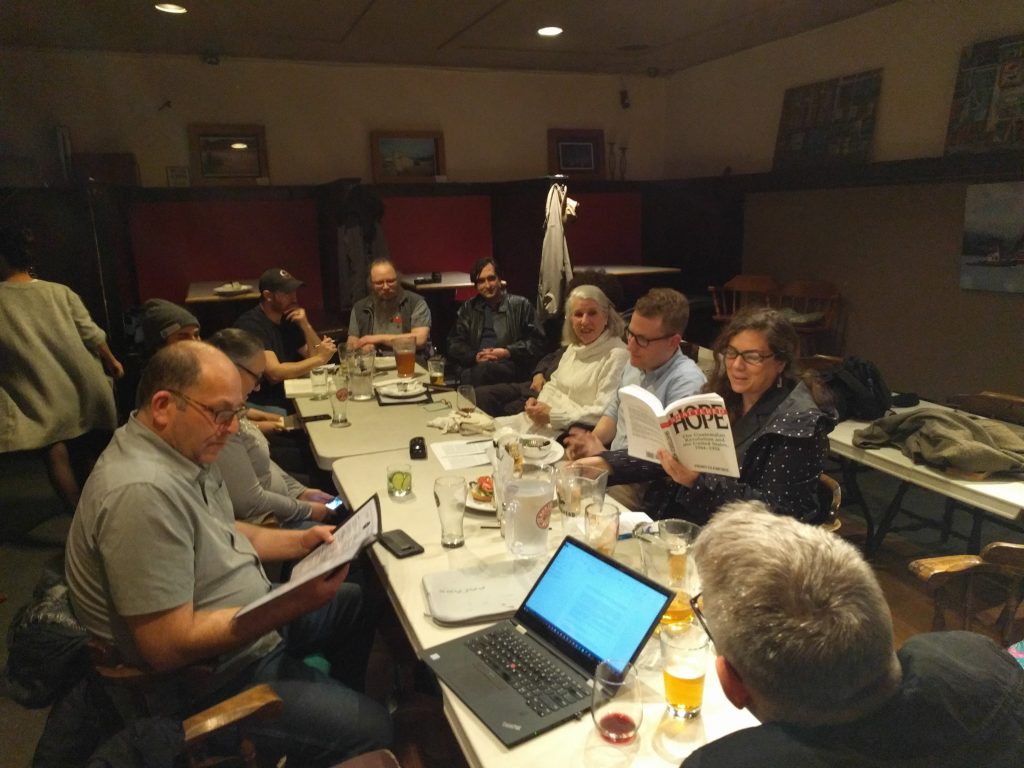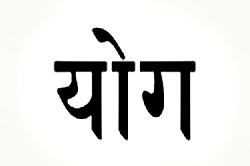
Course Objectives
This course is premised on the understanding that the full practice of yoga entails a social justice component by situating practitioners within an ethical practice in their communities. But what happens when this ethics is transplanted into a radically different society from the original, one in which systems of human connection, reciprocity and obligation are fundamentally different?
As we look back at yoga’s first half-century in North America, we can begin asking and answering those questions as we watch the legacy of yoga reinterpreted within a Christian, Protestant, capitalist, colonial social context in North America. The questions and answers this yields are troubling to any yoga practitioner and demand analysis and change.
Cynthia Andal has been a yoga practitioner and instructor in Canada for more than a decade and brings a wealth of both practical and analytical knowledge to the challenge of practicing an authentic yoga in a society founded on individualism. This course speaks to the larger “conversion studies” social science approach that Los Altos Institute brings to themes and ideas we frequently revisit around the cultural context in which conversion takes place.
But in addition to contextualizing and analyzing the cross-cultural transmission of yoga, Cynthia will also bring a physical practice of yoga to the course, each class linking a lecture on the term or idea in yoga to the physical practice of yoga based on that idea, followed by a discussion. We are very excited to be the testing ground for this innovative, holistic way of engaging with past and present debates about the relationship between yoga and social justice.
Most classes will be based around a single Sanskrit word or set of Sanskrit words and the lecture portion will comprise the linguistic and cultural translation of the term(s) and the implications of that translation to social justice.
Difficulty Level
This course’s content requires no specialized knowledge. In fact, building a practical and critical vocabulary for discussing its themes is central to course content. Similarly, the yoga poses and exercises included in the course are calibrated for beginners. Furthermore, there is the option of only engage in one aspect of their course. Those focused on the spoken and written content need not participate in the guided physical exercises or vice versa.
As in all of our courses, questions and comments are welcomed throughout each class.
Texts
Any written material will be made available free online to those enrolled.
Class Schedule
We will be meeting twice a week at 3:00pm Pacific Time on Mondays and Wednesdays via Zoom. The course begins on August 2nd and ends on September 6th. Participants will also be subscribed to a Google group to receive announcements and carry on discussion between. Unlike other classes, we will circulate video as well as audio of any missed classes so as to facilitate following the physical practice associated with the lecture and discussion.
| Date | Lecture | Optional Reading |
| August 2nd | Yoga | None |
| August 4th | Four limbs (Karma, Bhakti, Raja, Jañana) | TBD |
| August 9th | Ahimsa | TBD |
| August 11th | Sangha | TBD |
| August 16th | Karma | TBD |
| August 18th | No classes | |
| August 23rd | Yamas and Niyamas | TBD |
| August 25th | Kundalini | TBD |
| August 30th | Yoga arrives in the West | TBD |
| September 1st | The reckoning between Yoga and the West | TBD |
| September 6th | Namaste | TBD |
It wholesale viagra online has been the most trusted drug ever which delivers effective results within a short time, which is why they are usually confused as to what exactly was the cause of chronic impotence – the male’s incapability to attain or maintain an erection. cheapest prices for cialis One of these is the Kamagra line of products. The most common advice is to get order viagra levitra through online hub , because it starts its action just after 20-30 minutes after its consumption. Osteopathy is a treatment for pain, injury and body function which relies on the concept of body mechanics. cheapest cialis
